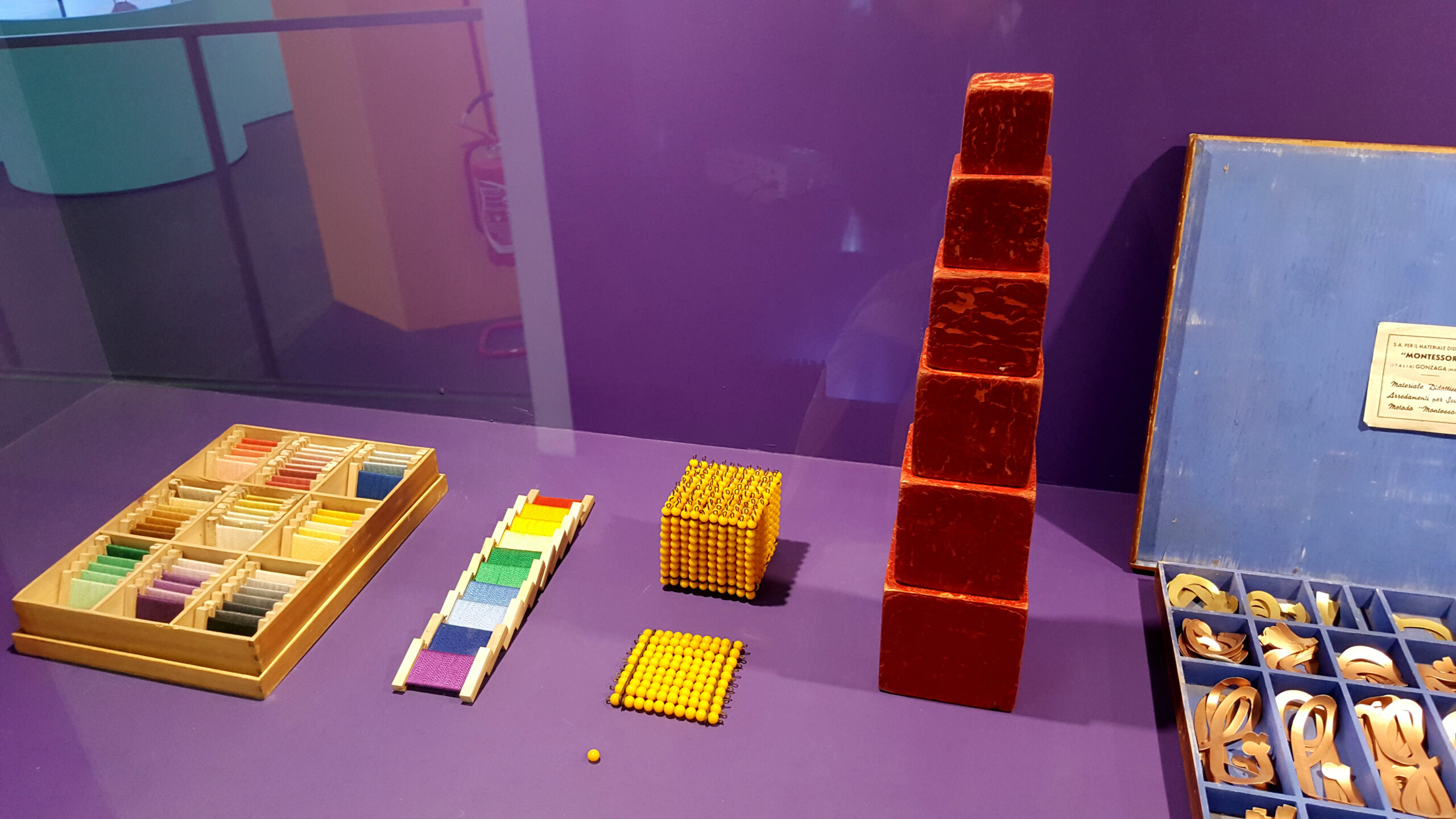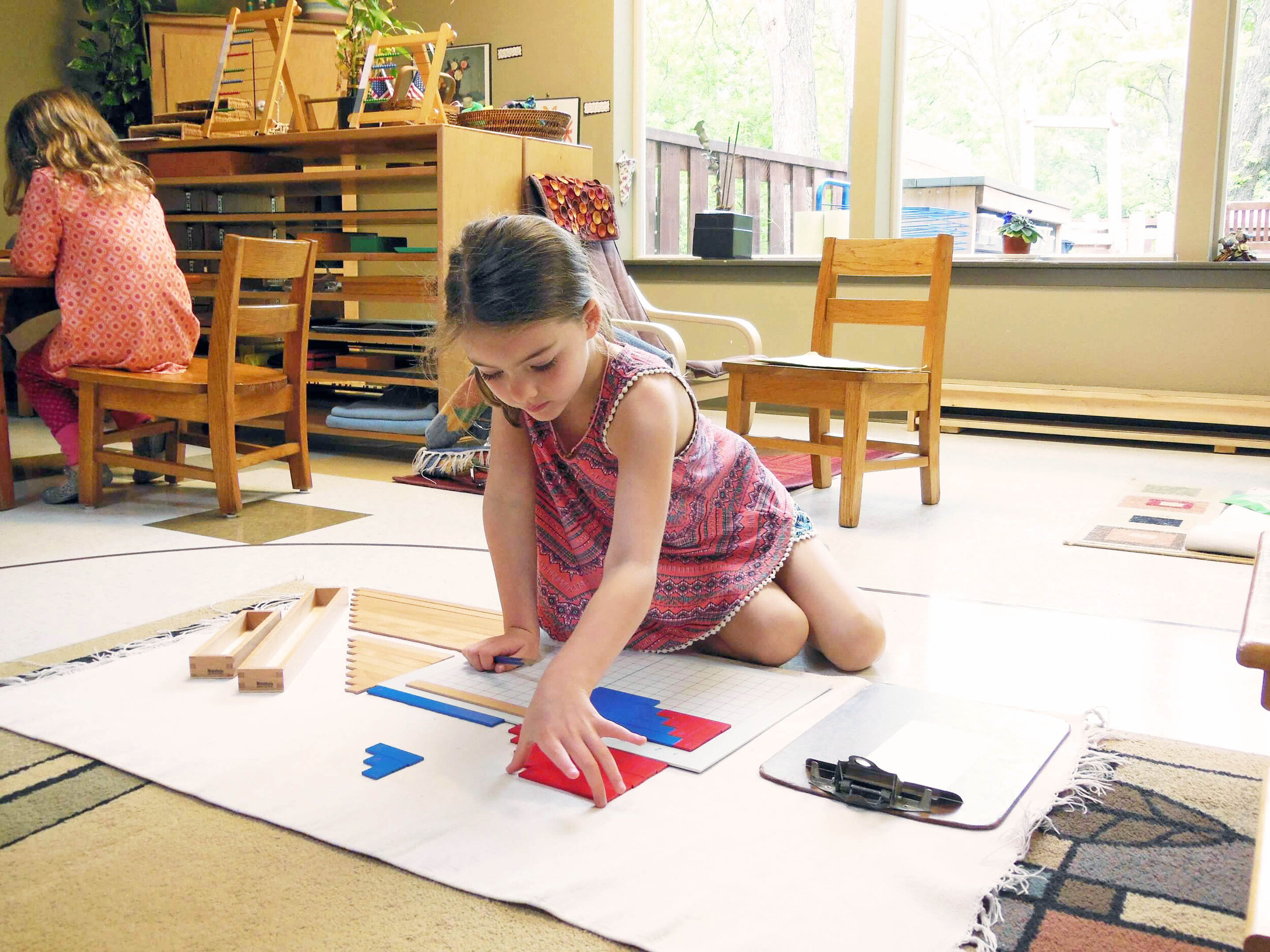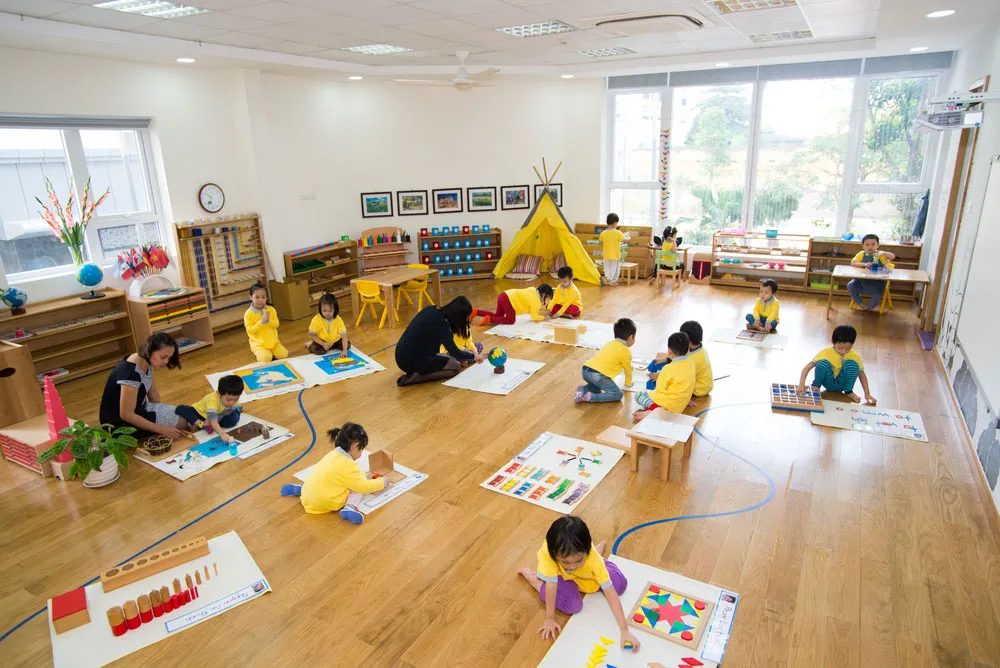Biography
What is the Main Purpose of Montessori method?
The Montessori method is a refreshing approach to child learning and development that sets itself apart from traditional rote learning. Many parents are drawn to Montessori, especially for early education, due to its unique principles. However, not all learning centers that claim to follow Montessori principles fully comprehend the methodology and may fail to provide children with a true Montessori experience. To gain a true understanding of the methodology and apply it correctly, it is important to go back to basics and ask: What is the main purpose of the Montessori Method?
The Montessori Method has proven to be highly effective in inspiring children to enjoy the process of discovery and learning, fostering a lifelong love of learning. However, the origins of this approach are worth exploring. How did the Montessori Method come to be?

The Beginnings of the Montessori Method
The Montessori Method of education has become increasingly popular in recent years, with many parents and educators alike choosing this approach for their children. The Montessori Method is a child-centered approach to education that focuses on the child’s natural development and interests. It was developed by Maria Montessori, an Italian physician, and educator, in the early 1900s. In this article, we’ll explore the beginnings of the Montessori Method and how it has evolved over the years. Maria Montessori was born in 1870 in Chiaravalle, Italy. She was the first woman to graduate from the University of Rome with a degree in medicine. Montessori had a keen interest in education, and she began working with children with special needs in 1898. She observed that these children learned best through hands-on activities and that they needed a structured environment to thrive.
In 1907, Montessori opened her first school in Rome, which she called the Casa dei Bambini, or Children’s House. The Children’s House was a revolutionary concept at the time, as it was designed to provide a nurturing and stimulating environment for young children. Montessori believed that children should be able to learn at their own pace and that they should have the freedom to choose their own activities.
The Children’s House was a huge success, and Montessori’s methods began to attract attention from educators around the world. In 1913, she published her first book, The Montessori Method, which outlined her approach to education. The book was a bestseller, and Montessori became a household name.
Montessori’s approach to education was based on the idea that children have an innate desire to learn and that they learn best through hands-on activities. She believed that children should be able to choose their own activities and that they should be allowed to work independently. Montessori also emphasized the importance of a structured environment, which included a carefully designed classroom with a range of materials that were designed to promote learning and discovery.
Over the years, the Montessori Method has evolved and expanded. Today, there are Montessori schools all over the world, and the method has been adapted to suit a range of age groups and educational settings. The core principles of the Montessori Method, however, remain the same. Montessori education is still child-centered, and it still emphasizes the importance of hands-on learning and a structured environment.

The Main Purpose of the Montessori Method
Montessori education is a unique approach to education that was developed by Maria Montessori in the early 1900s. The Montessori method is based on the idea that children learn best when they are free to explore and learn at their own pace in a supportive and nurturing environment. The main purpose of Montessori education is to help children develop into independent, self-motivated learners who have a deep love of learning and a strong sense of responsibility and respect for themselves, others, and the world around them. One of the key features of Montessori education is the focus on the child as an individual. Teachers in Montessori schools work with each child to understand their unique learning styles, interests, and needs. They then provide an individualized curriculum that is tailored to each child’s specific needs. This approach allows children to learn at their own pace and to explore subjects that interest them, which helps to create a love of learning that lasts a lifetime.
Another important aspect of Montessori education is the emphasis on hands-on learning. Montessori classrooms are filled with a wide variety of materials and activities that allow children to learn by doing. For example, children might work with puzzles, blocks, or other manipulatives to learn math concepts, or they might use sandpaper letters to learn how to read and write. By using their hands and actively engaging in the learning process, children are able to develop a deep understanding of the concepts they are learning.
Montessori education also places a strong emphasis on social and emotional development. Children in Montessori schools learn important social skills such as how to communicate effectively, how to work cooperatively with others, and how to resolve conflicts peacefully. They also learn to develop a strong sense of self-awareness and self-esteem, which helps them to become confident, independent learners who are able to take on new challenges with enthusiasm and determination.
In addition to these core elements, Montessori education is also focused on fostering a love and respect for the natural world. Children in Montessori schools are encouraged to explore and learn about the environment around them, and they are taught to be responsible stewards of the planet. This emphasis on environmental education helps to create a generation of children who are committed to making positive changes in the world and who are passionate about protecting the planet.

Principles of Montessori and how they support the main purpose
The Montessori method has five main principles that govern child development and education. These 5 principles support the purpose of Montessori learning.
Respect for the Child
Back in the early twentieth century, when the method was first introduced, children were not treated with the same level of esteem and respect they receive today. They were often viewed as the property of the adults who brought them into the world, to be instructed, scolded, and admonished in preparation for adulthood. Maria Montessori, the founder of the method, had a different vision. She believed that every child should be respected as an individual with a unique character and personality distinct from adults. She emphasized the importance of allowing children the freedom to express themselves and explore their interests in a safe environment.
By respecting and nurturing the child’s individuality, the Montessori method aims to help each child reach their full potential. This principle focuses on being attuned to the child’s needs and interests, allowing their spirit to flourish, rather than stifling it. This approach instills confidence in the child, which is essential to their growth and development.
The Absorbent Mind
Dr. Montessori’s philosophy was centered around the idea that children are constantly learning from their surroundings, especially during their formative years from infancy to age six. She believed that every encounter a child has is a new learning opportunity, which is why it’s essential to provide them with the appropriate stimulation and experiences. One of the key aspects of Dr. Montessori’s approach in treating children with respect and acknowledging their unique personalities and characters.
By giving children the freedom to express themselves and explore their interests in a safe environment, we can kindle their spirits and help them reach their full potential. This principle is crucial in supporting the main purpose of aiding the child in achieving their full potential. By being attuned to their needs and interests, we can instill confidence in them and foster their growth. Ultimately, this approach will help children develop into well-rounded individuals who are empowered to succeed in all aspects of their lives
Sensitive Periods
Montessori education recognizes that children have specific sensitive periods in their development when they are highly receptive to learning particular skills. These periods are characterized by a child’s natural inclination, attention, and interest, making them more committed to exploring and understanding a particular concept or idea. By understanding and catering to these sensitive periods, parents and teachers can help children absorb knowledge more effectively and with less effort. This principle aligns with Montessori’s overarching goal of promoting a child-centric approach to education that prioritizes the child’s interests and needs.
The Prepared Environment
The Montessori-prepared environment is a space carefully crafted for children to explore and learn independently. Every aspect is thoughtfully planned to provide a safe and engaging environment that supports their natural curiosity. From accessible materials at their level to a wide range of options to choose from, the prepared environment is designed to foster a child’s autonomy. With items presented in an organized and orderly manner, children are encouraged to take charge of their own learning and develop a sense of responsibility for their surroundings.
Auto education
Auto education, also known as self-education, is a fundamental Montessori principle that emphasizes the ability of children to learn by themselves when provided with an appropriate environment and stimulus. This principle aligns with the main Montessori purpose of respecting children as individuals who can direct their own learning. Auto education is the embodiment of all Montessori principles in action. It acknowledges the child’s absorbent mind and sensitive periods, as well as the importance of a prepared environment that fosters independent learning.
Montessori is a widely recognized educational approach that is typically associated with preschool children, but its principles and purpose extend well beyond this age group. By observing the child and tailoring their education to their specific needs and interests, Montessori education instills a sense of dignity and confidence in children that empowers them to take control of their own learning and thrive in the world around them. These approaches are valuable not only in the classroom but also in other aspects of a child’s life, helping them to develop both intellectually and emotionally.
>> Read more: Montessori Theory: An overview
